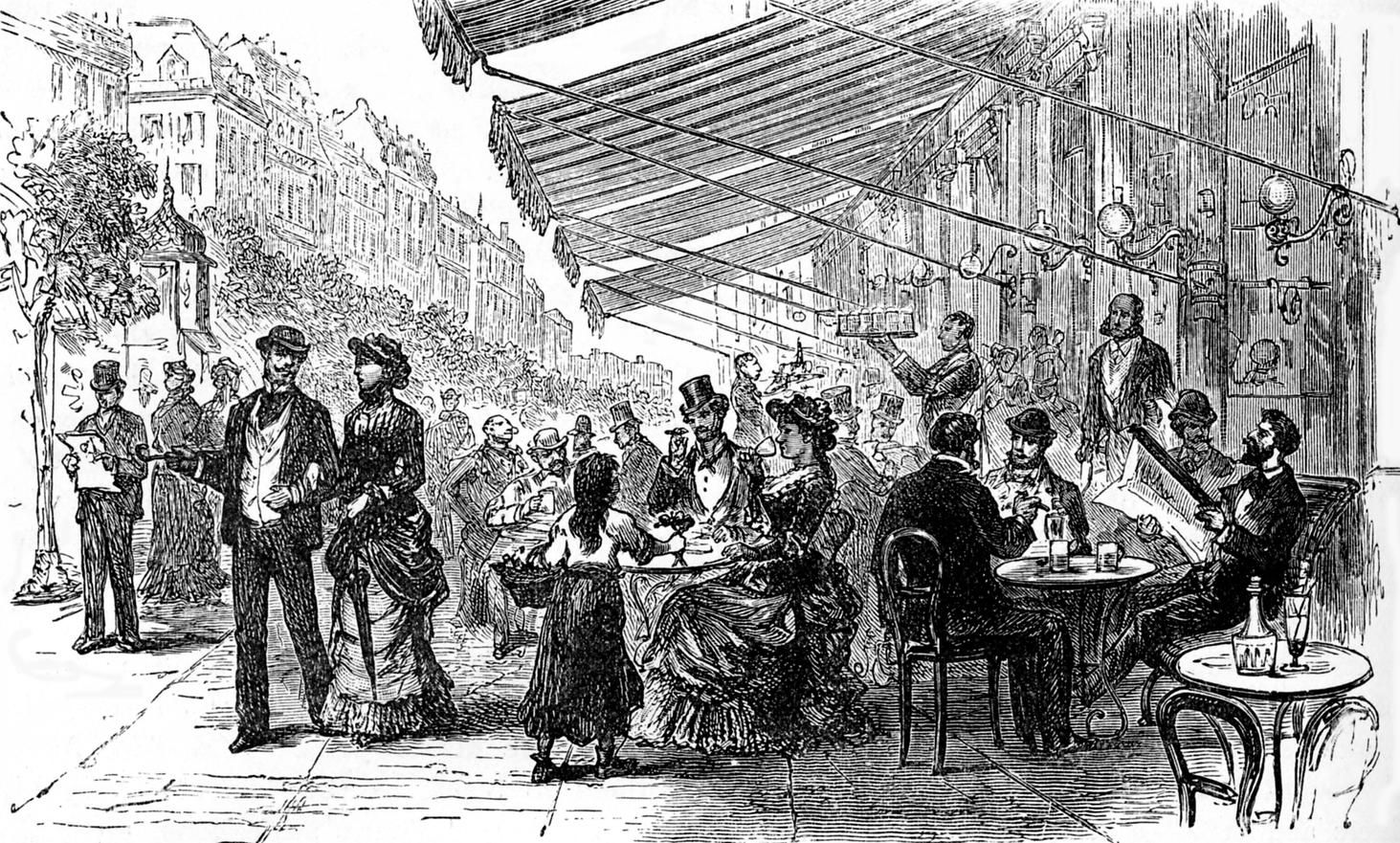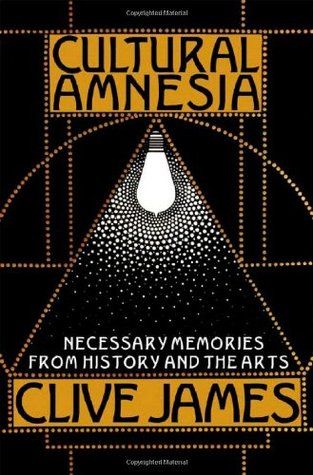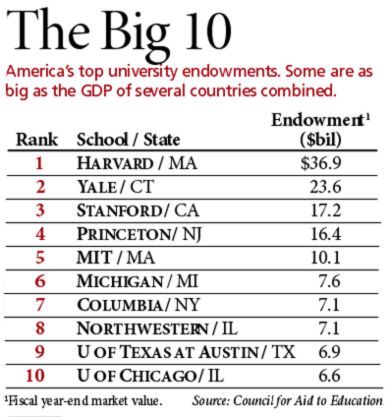Education
It's Time to Marginalize the University and Revive the Café
Why would people take academics’ more ridiculous pronouncements so seriously, or seriously at all in the case of communication studies departments?

It’s time to marginalize the university. Universities have come to play an outsize, unwarranted, and often malign role in American life. But their influence and prestige doesn’t stem from any recent intellectual accomplishment or even insidious political agenda. Instead it comes down to “power” to use a word much in vogue among academics. And this power, more than anything else, is economic.
Without this power, why would people take academics’ more ridiculous pronouncements so seriously, or seriously at all in the case of communication studies departments?
The limitations and drawbacks of North American academia are obvious. This goes beyond the intolerance, irrationality, illiberalism, even violence associated with some “studies” or other departments that see advocacy as their primary mission. Less remarked upon are the catastrophic intellectual failures of the social sciences. This includes the complete inability of foreign policy researchers to forecast the demise of the Soviet Union; the failure of political scientists, with few exceptions, to predict the rise of Trump; and the deeply embarrassing record of macro-economists in terms of warning about the possibility of a financial crisis or even understanding it once it was taking place. There has been no true reckoning following this serial incompetence.
At the same time, many academics’ cultural roles have become inflated. No longer seen as mere educators or truth seeking specialists, given the rise in status of universities they now wield broader cultural authority – or at least they think they do. This is revealed in the grandiose and also touching comments of Lindsay Shepherd’s Wilfrid Laurier University interrogators who made reference to themselves as “educators” and “academics” but also as “scholars” and “public intellectuals.”
The distinctions among these different roles that these faculty members ignore are most cleanly delineated by Clive James in his book Cultural Amnesia.

James’s book opens with a description of café life in pre-war Vienna: “Vienna was the best evidence that the most accommodating and fruitful ground for the life of the mind can be something more broad than a university campus,” he writes. He points to the humanism and scholarship of what he terms these “coffee house intellectuals” who were barred from universities by strict ethnic quotas. James contrasts the creativity, wit, and direct observation of the café, with the “abstruse doctoral theses” of academics who had “the deadly freedom to write as if nobody would ever read the results.”
The tension between “café” and “university” continues today, but in a completely different context and with a completely different result: the “café” barely exists. It is no longer financially sustainable. What’s left of it has become entombed in the university.
Economic Underpinnings
The inflated role of American universities is by design. It is part of an economic and development strategy that is not highly visible, even if the results are.
For one, universities are one of the last major American institutions still standing. Traditional media is in a state of collapse. Employers have outsourced and offshored jobs and have themselves been subject to mergers. University towns are some of the few economic bright-spots in an otherwise dark, deindustrialized American landscape. One reason for this continued vitality is that universities are ‘sticky.’ It is very hard to offshore them, unlike a manufacturing plant. They aren’t going anywhere (though they have tried, with various foreign ventures).

And there is the case of university endowments, the big ones. These endowments, like their billionaire donors, are the true beneficiaries of economic policies that have favored the ultra rich. A handful of American universities – the important ones – are now very, very rich. The prestige of the university is closely associated with the size of the endowment, which gives some inkling of what is going on here.
But universities are intertwined with the US economy in a much more fundamental and less visible way. This interdependence is destructive to the true purpose of the university and ultimately harmful to the economy as well.
The new American way of growth is to latch the economy to the university. New products and industries – tech, biotech – are often commercialized spinoffs from universities. Corporations have largely abandoned doing advanced research in-house because Wall Street has declared this should be no more than a hobby. Instead, universities do all the research, increasingly in complex public-private partnerships with industry. This creates obvious stresses on universities, both in terms of finding funding, but also in terms of shaping their ultimate mission.
This university-centric system of innovation in America is not working well, even aside from the question of whether or not the university should be a profit seeking entity. Other countries also have close ties between researchers and corporations but this applied research tends to take place in independent institutions such as science parks, rather than inside the university itself. As a result, they seem better able to implement new ideas in terms of actual manufacturing. In contrast, though regional US universities create many new patents, the commercialization, production – and job creation – takes place on the US coasts or mostly abroad.

American academics may proclaim their classrooms as sites of resistance and platforms for social justice, but a broader perspective shows that universities are actually ‘neoliberal’ institutions par excellence.
Marginalizing the University
The way to restore the situation to a more normal state of affairs is not to shrink the university, tax endowments, or cut off funding. Instead it is to grow alternatives. The easiest, and most important is to create an apprenticeship system in the US. This could serve as a viable alternative to getting a BA. Not all skills are academic and not all jobs require academic skills. In other advanced countries, such as Switzerland, apprenticeships are widespread, with 70 percent of Swiss teens participating. For instance, the Swiss Group CEO of UBS left school aged 15 and started his career as a banking apprentice. He supplemented this with formal education in advanced management in later years. This fluid system, between apprenticeships and stints of lifelong learning, contrasts with the hierarchical and rigid system in the US where it is a BA or nothing.
The US system in turn swells universities with students who don’t necessarily want to be there and who graduate in debt and without career skills. It also limits future career development for most people with only a high school degree or less. The US system leads to empty credentialism while destroying economic mobility. Creating alternatives to BAs would undercut the pressure facing college applicants and their parents. It would also reduce the undeserved power of admission officers.
Harvard recently announced it was recruiting for ‘economic diversity’ among other dimensions of diversity, which is nice and everything. But a serious attempt at reducing economic inequality in the US is going to require a lot more than a few tweaks to who gets into Harvard, and any serious person knows this.

Ultimately the US requires a revived economy, one with the dynamism the country exhibited from the end of World War II through the 1960s or that China has today. China has been growing at nearly 10 percent a year for 30 years. The Chinese (and German) growth stories are hardly centered on universities. The US can learn from these economic development models, which lead to inclusive growth, and economic mobility without the blessings of a university admissions committee.
Reviving “the Café”
It is time for a better approach, with the university returning to more of a supporting – rather than domineering – economic and cultural role. Reining in universities’ cultural hegemony has many advantages. Consider: What is the contemporary version of “academic art” (and literature)? What are its concerns, its vision, its impact? Are universities structurally reactionary with a soft spot for illiberal ideas? Put another way, what is it about the university that turns the mildest of people into raging totalitarians?
These questions are not merely academic. The only satisfactory answer is to sidestep these issues altogether by restoring the dynamism of civil society, one that has autonomy from academic discourse.
A flourishing civil society can do many things. It can make the Café financially viable again, without requiring its participants to resort to university teaching. The Café can provide the empirical grounding and humanism lacking from contemporary academic theory. It’s not enough to marginalize the university: it’s time to revive the Café.






